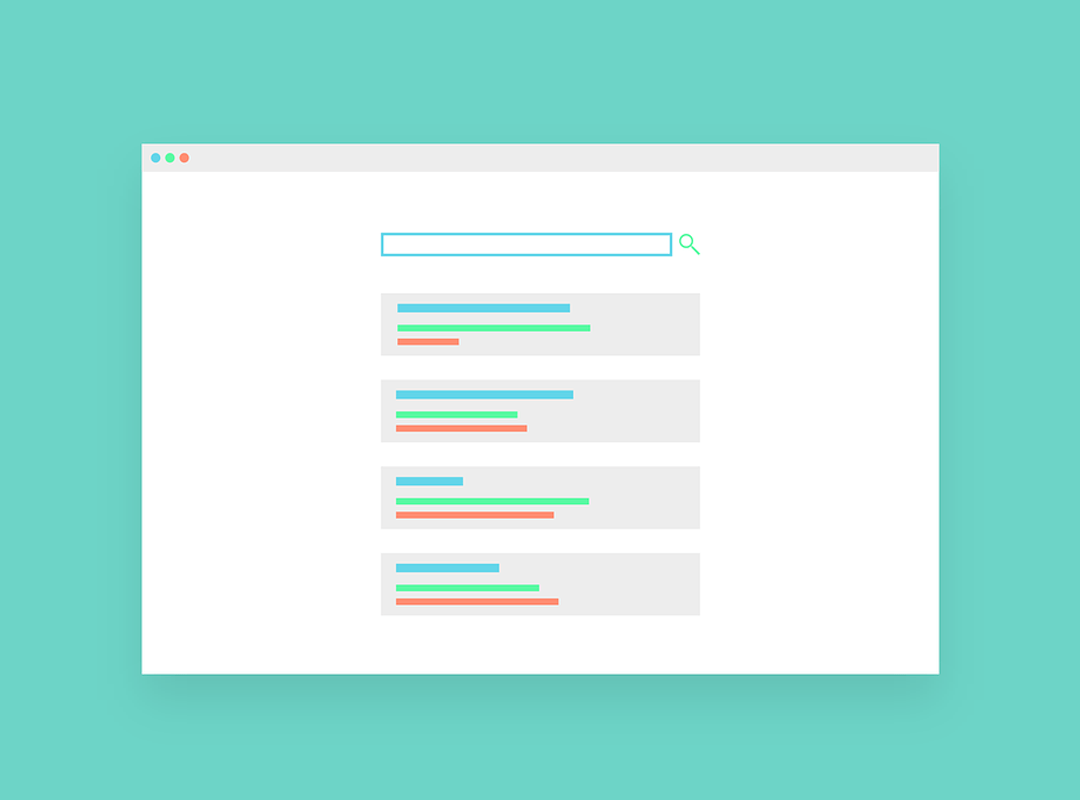Specific keywords are needed to boost website traffic. Sometimes, even if a great SEO strategy is in place, the rankings of your website do not change. Although you are blogging and properly optimising content, your competition may be using the same optimisation strategy and keywords. This post talks about SEO with latent semantic indexing, and how it can strengthen SEO strategy.
Latent search indexing (LSI) is an algorithm which helps search engines to understand a website’s content and compares it with the user’s search intent. It allows search engines to come up with the most accurate results for the search queries. So doing SEO with latent semantic indexing can easily boost rankings in the long term.
Benefits of SEO with latent semantic indexing
Latent semantic indexing is one of the top expert SEO techniques. Also, read our next blog on 6 TOP TECHNICAL SEO ONLINE TOOLS FOR PROFESSIONALS to keep yourself updated with other SEO tools used by experts.
When a website utilizes LSI keywords, there is boost in organic traffic and rankings. This is because LSI keywords provide search engines a way to understand the relationship between the content and the search query, which can help to generate targeted organic traffic. It increases the time visitors spend on a webpage.
Besides this, it reduces bounce rates like internal links. Using LSI keywords improves the authority of a blog and the overall website. Follow this guide to understand HOW TO BUILD AUTHORITY FROM BLOGGING.
How does latent semantic indexing work?
Latent semantic indexing uses LSI keywords to understand and build associations in content. LSI keywords are terms which are related to the focus keyword. They are secondary keywords which provide additional context for search engines to understand the context of the web page.
Marketers can optimise the web pages by using LSI keywords to make it easier for search engine crawlers to easily understand the content. But how to improve Search Engine Optimisation results with LSI keywords? All you have to do is find the keywords and use them in a strategic manner.
SEO with latent semantic indexing: How to find LSI keywords
LSI keywords are of two main types. Keyword synonyms and related words and phrases. For example, the keyword synonym for ‘backlinks’ would be ‘inbound links’ and related words and phrases would be ‘off page optimisation’, ‘SEO’, etc.
There are a few easy ways to find LSI keywords:
- Google’s related searches: The easiest method is to use Google search results. See which keywords or phrases are related to the focus keyword. Enter the primary keyword in the Google search and scroll down to the ‘searches related to’ section. Use this list as a starting point for potential LSI keywords as these terms are what Google associates with your focus keywords.
- Keywords planner: Another way to find LSI keywords is through Google keyword planner tool. Enter the focus keyword into the keyword planner and click ‘get ideas’. You will have access to a list of related keywords which are associated with the focus keyword. Read our blog on HOW TO DO A KEYWORD RESEARCH ON GOOGLE ADS (ADWORDS) USING KEYWORD PLANNER FOR SEO BASED CONTENT, which will explain you in detail, how this google tool can simplify your keyword work.
- SEMrush: The SEMrush keyword research tool can help you to find valuable keywords and phrases. Type in the focus keyword and click ‘try it’. Click on ‘view full report’, and you will be able to access numerous keyword phrases which can be used as LSI keywords.
- LSI keyword generator: Another great tool is LSI keyword generator which has been created for identifying LSI keywords. All you have to do is enter the keyword into the tool and you will have a long list of potential LSI keywords.
How to select and use LSI keywords
Once you have a list of potential keywords, the next step in SEO with latent semantic indexing is to narrow down your options. The keywords must be related to the content and have a good search volume. To do this, certainly you have to figure out what kind of queries your target audience uses to find content.
There are three types of intents: Informational intent, Navigational intent, and Transactional intent. Choose LSI keywords that are highly relevant to the content. Stuffing the content with keywords must be avoided as it is one of the 8 WORST SEO PRACTICES TO AVOID AT ALL COSTS.
SEO with LSI, of course, benefits marketers as it boosts the value of the web pages and improves rankings in SERPs. You need to know that Google looks for synonyms of keywords to find the most appropriate content. By using LSI keywords to optimise pages and posts, your content will resonate more deeply with the readers.
Hence, will boost your SEO strategy. Read our blog on HOW TO USE SCHEMA MARKUP TO BOOST SEARCH ENGINE OPTIMISATION (SEO) ACTIVITIES which is the least utilised form to optimize your SEO.










